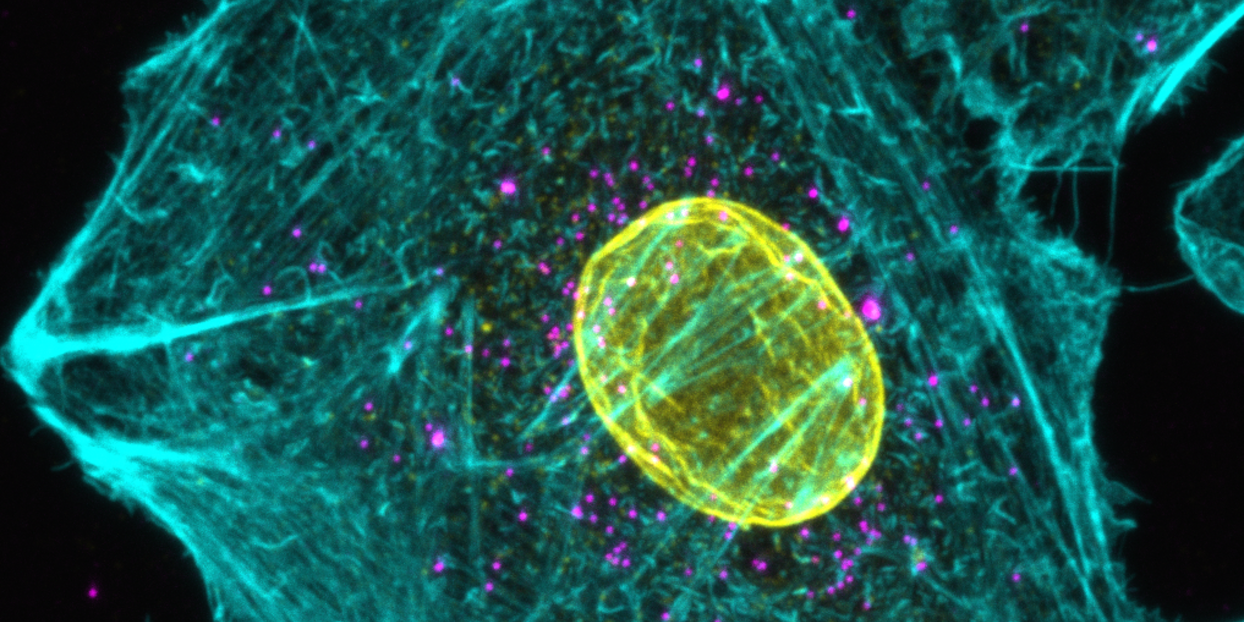
Leibniz Research Alliance "Advanced Materials Safety"
Advanced materials are key to the creation of innovative products and technologies ranging from catalysis, green hydrogen generation, energy storage to biomedical applications. These applications require materials which combine different nanoscopic and/or microscopic building blocks, e.g., doped and core-shell nanoparticles and high-performance fibres, into hierarchical hybrid materials. This combination of micro- and nanoscale sized building blocks as well as the compositional material heterogeneity can impose new risks during their life cycle, e.g., by decomposition into different nanoparticles, microplastic or hybrid components and subsequent release of harmful constituents. To ensure sustainable innovations, the potential risks imposed by such complex materials need to be identified and understood timely over the whole production-application cycle up to the end of their life cycle.
Close collaboration between researchers from different disciplines is necessary for achieving safe and sustainable innovations. Specific case studies will be addressed in a joint framework of graduate training and exchange. The project will be supported by the development of a FAIR-compatible research data infrastructure that addresses the needs of materials safety research.
In order to be able to do justice to the complexity of the project, the research alliance brings together researchers from Leibniz Institutes with different areas of expertise: Materials Science, Biology and Toxicology, Computer Science, Educational Science and Science Communication.